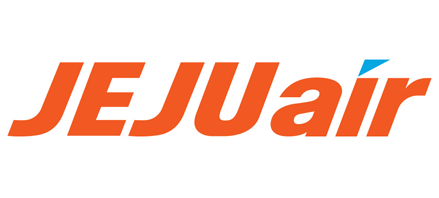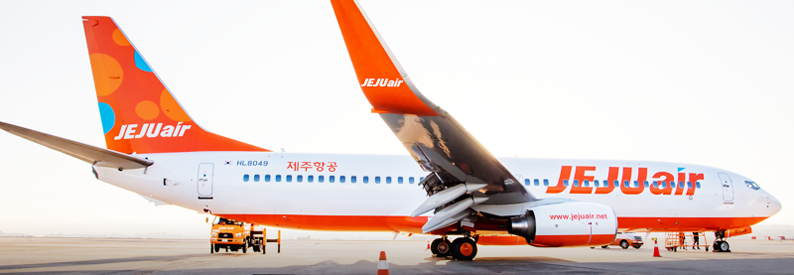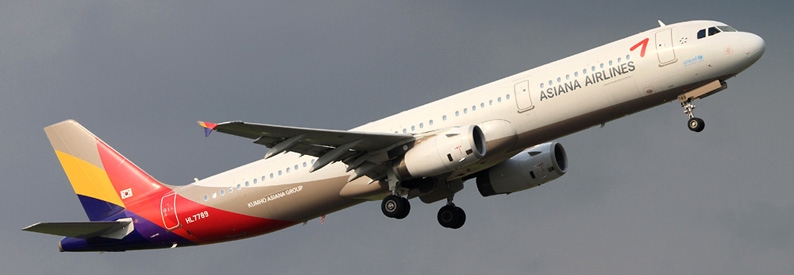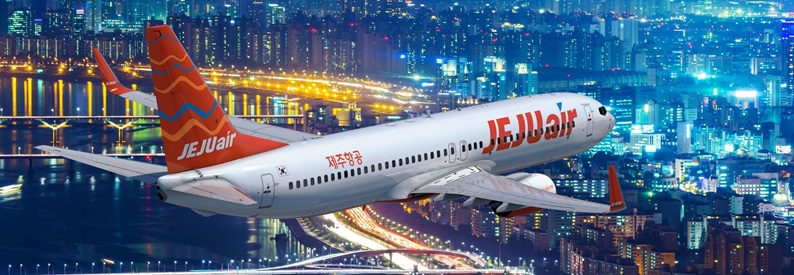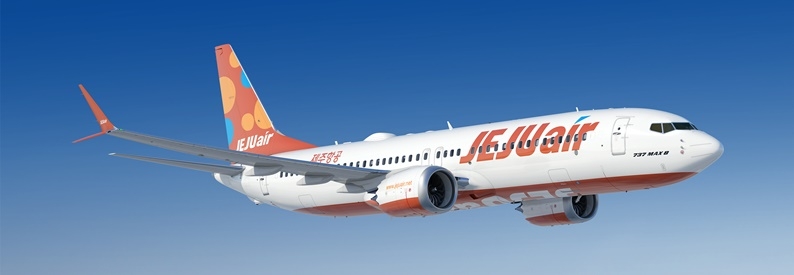Jeju Air (7C, Jeju) plans to push on with its expansion into the cargo business despite a downturn in the global air freight market, telling South Korea's News2Day that it would induct another dedicated freighter this year.
This follows the low-cost carrier leasing a B737-800(BCF) from Aviator Capital in mid-2022. At the time, then-CEO Lee-bae Kim said its introduction would help diversify the airline's revenue streams which until then were almost entirely sourced from passenger flights. The freighter, HL8295 (msn 30694), has since settled into a steady pattern of flying between Seoul Incheon and Hanoi Noi Bai International and Tokyo Narita.
A Jeju Air spokesperson said this week that the performance of its single freighter was "not bad" and that this was behind the decision to secure a second one. While global freight volumes (and airfreight prices) are down from their pandemic peaks, the volume of airfreight in and out of South Korea across February 2023 was up 5.5% compared to February 2019. ch-aviation has contacted Jeju Air for comment regarding its second freighter.
Meanwhile, at a March 22 shareholders meeting, Jeju Air CEO Kim Yi-bae said he expected the airline would return to profitability this year. "Although there are challenges to overcome, such as interest rate hikes, economic recession, and opaque international situations, 2023 will be a year to rebuild the foundation for complete business normalisation, and we will definitely turn a surplus," he said. At that meeting, the carrier announced a KRW18.7 billion won (USD14.4 million) consolidated profit for the fourth quarter of 2022.
Kim is expecting to take delivery of four B737-8s this year, the first of 40 the airline has on order. Its total fleet size will increase from 37 at the end of 2022 to 41 by the end of 2023, he said. In addition to the B737-800BCF, Jeju Air has thirty-six B737-800s in service. Kim clarified that the introduction of the B737-8s would allow Jeju to "advance into new markets."
